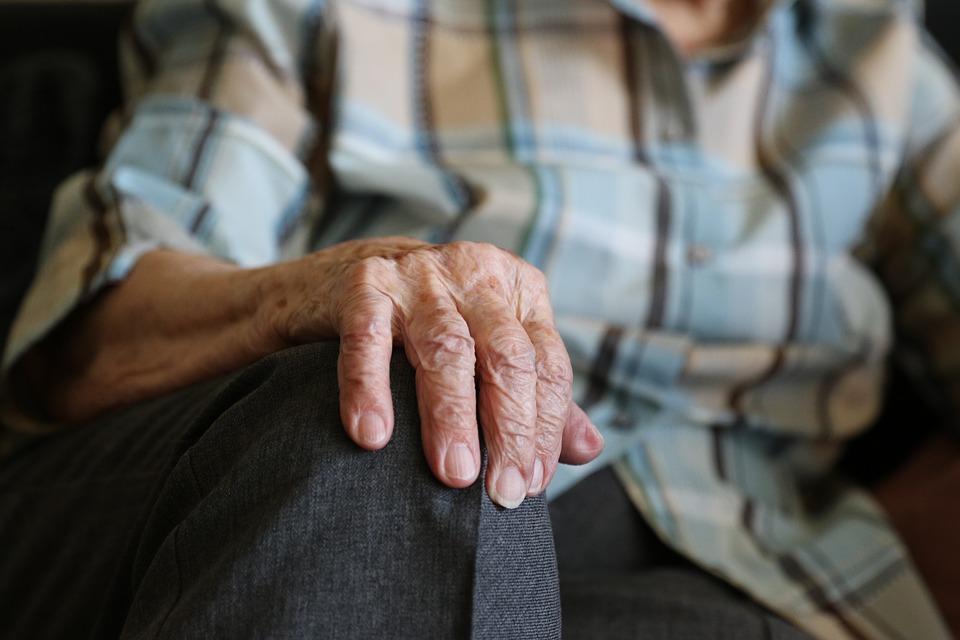Commentary
Once again, rights to freedom of thought, conscience, and religion—all fundamental freedoms set out in the 1948 Universal Declaration of Human Rights (UDHR) and which Australia has ratified—are under attack.

Once again, rights to freedom of thought, conscience, and religion—all fundamental freedoms set out in the 1948 Universal Declaration of Human Rights (UDHR) and which Australia has ratified—are under attack.